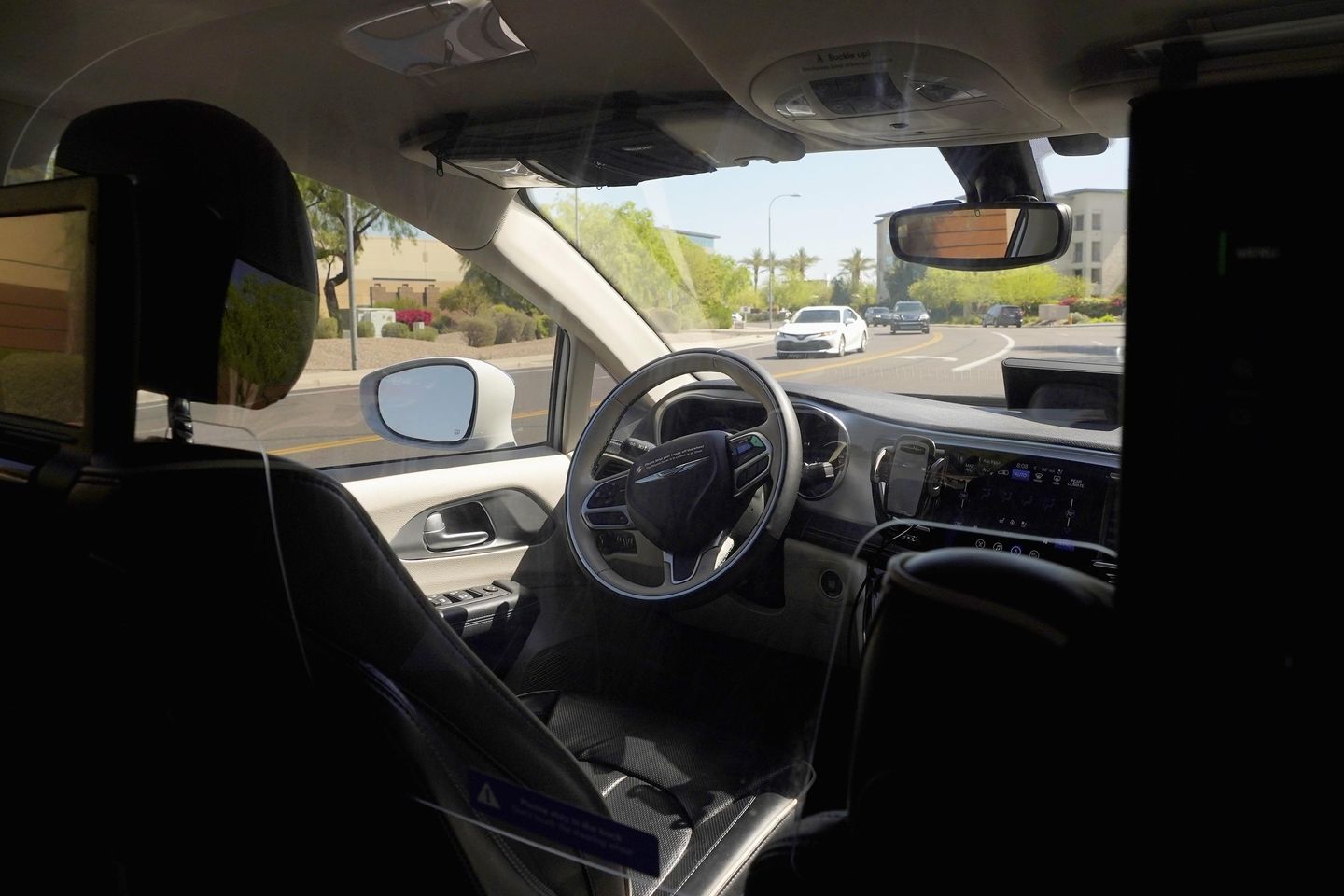
The Transportation Department is working to remove regulatory roadblocks for U.S. automakers to foster innovation and to compete with China in the field of autonomous vehicles.
Among other things, the department said Thursday that it would simplify crash-reporting requirements, allow more exemptions from certain federal safety rules for testing purposes, and develop national rules to replace the current myriad of local ones.
“This Administration understands that we’re in a race with China to out-innovate, and the stakes couldn’t be higher,” Secretary Sean Duffy said in a statement. “As part of DOT’s innovation agenda, our new framework will slash red tape and move us closer to a single national standard that spurs innovation and prioritizes safety.”
The department said the framework’s three major principles are prioritizing safety, unleashing innovation and enabling commercial deployment of autonomous vehicles.
The framework expands the Automated Vehicle Exemption Program, which lets foreign automakers skip certain safety and reporting requirements if the self-driving vehicles are only used for non-commercial or research purposes.
The program will now include domestic manufacturers and developers, which the department says “levels the playing field.”
This will enable “AV manufacturers to develop faster and spend less time on unnecessary processes, while still advancing safety,” National Highway Traffic Safety Administration Chief Counsel Peter Simshauser said in a statement.
The department confirmed that it will maintain the NHTSA’s General Standing Order, which requires AV manufacturers to report any collisions involving their self-driving vehicles to the agency.
The department also will work to modernize vehicle-safety standards to speed up the commercial rollout of AVs.
Regulations covering the commercial deployment of partial or fully autonomous vehicles differ from state to state, which remains a significant roadblock for AV developers looking to expand.
The NHTSA’s reporting requirements have come under fire from Tesla’s Elon Musk, who has criticized the rules as unfair. Tesla’s self-driving software has been the subject of several investigations by the NHTSA following deadly collisions involving the autonomous technology.
Some anticipated that the DOT and the NHTSA would relax self-driving vehicle regulations due to Mr. Musk’s prominent position in the Trump White House, though it also dovetails with President Trump’s regulation-cutting approach from his first term.
Over two dozen NHTSA employees, many of whom were responsible for overseeing AV safety, were cut in February by the Department of Government Efficiency, which is affiliated with Mr. Musk.
Tesla’s upcoming fleet of robotaxis could also benefit from streamlined reporting requirements. Google’s robotaxi subsidiary, Waymo, could also stand to benefit from the DOT’s efforts to consolidate regulations on the commercial rollout of AV technology.
Waymo recently ended a $5.6 billion funding round in Oct, and announced that it would expand its services to customers in Washington D.C. in 2026. Waymo currently offers fully autonomous taxi rides to customers in Phoenix, San Francisco, Los Angeles and Austin, Texas.












